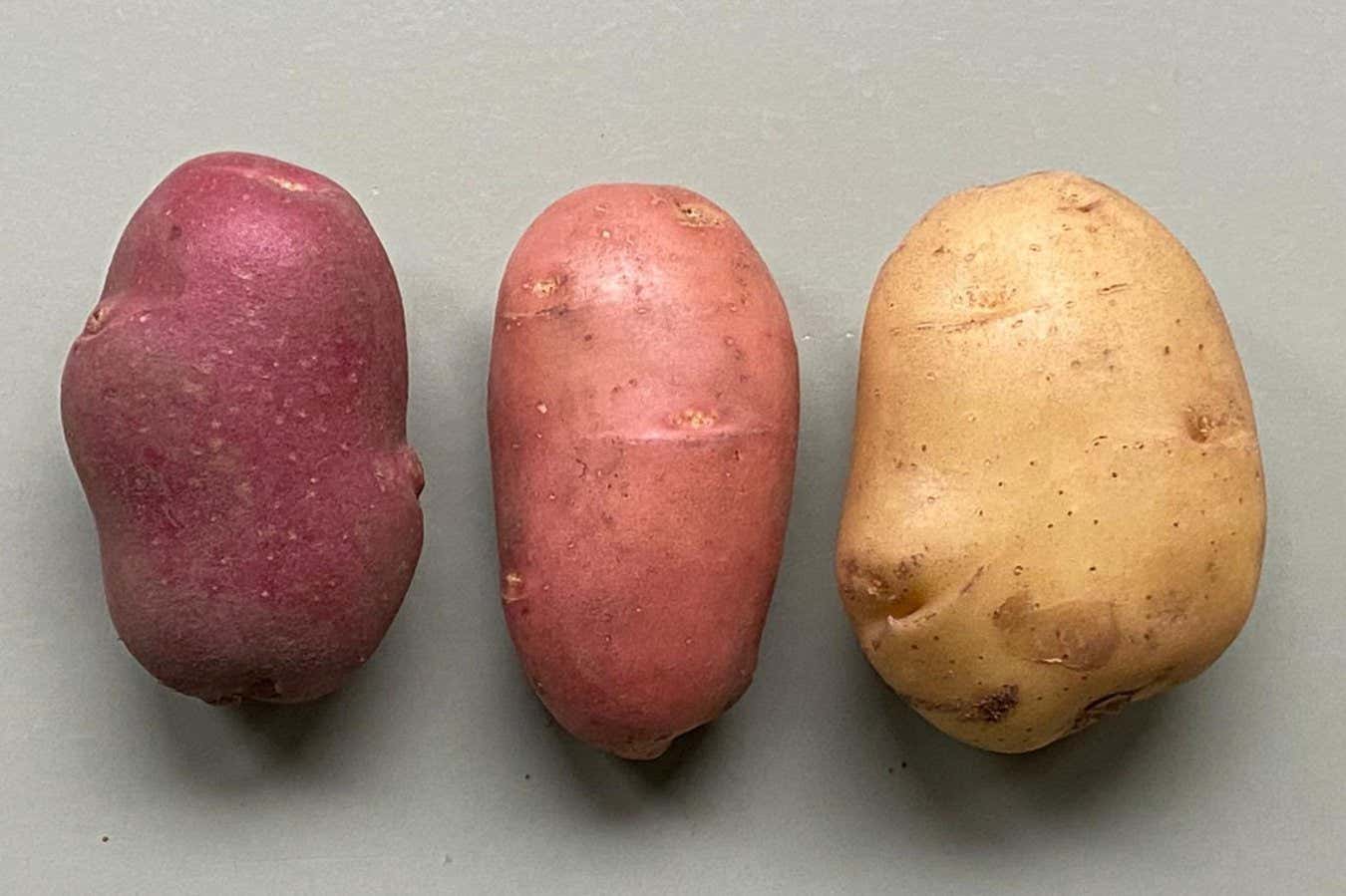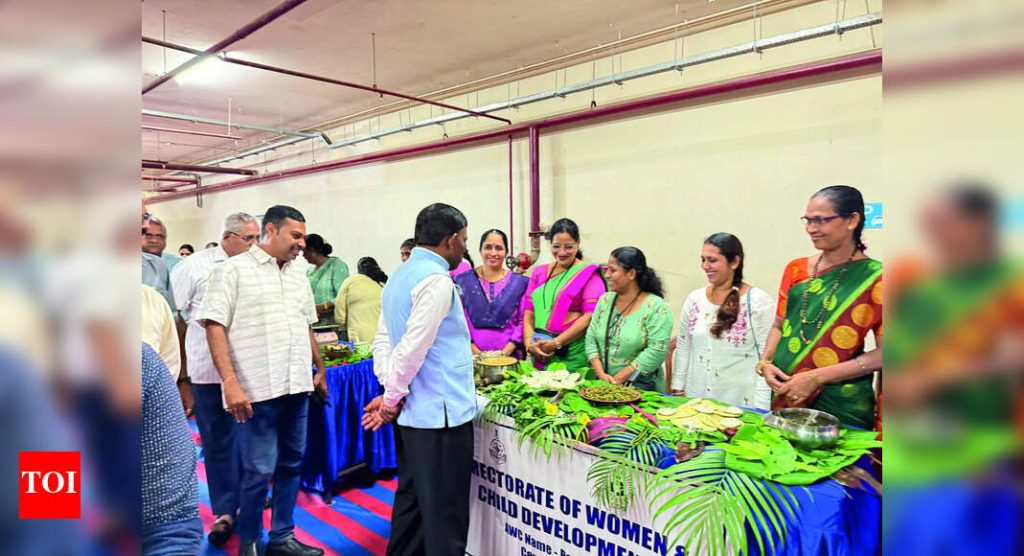Now Reading: Plant Skin Grafts May Pave Way for New Vegetable Varieties
-
01
Plant Skin Grafts May Pave Way for New Vegetable Varieties
Plant Skin Grafts May Pave Way for New Vegetable Varieties

Quick Summary
- A netherlands-based company,KeyGene,has developed a reliable method to create “graft chimeras,” plants combining the skin of one variety adn the flesh of another.
- Graft chimeras offer potential advantages such as resistance to pests and droughts, perhaps revolutionizing crop cultivation.
- Conventional grafting involves cutting parts from different plants, but creating graft chimeras deliberately has been historically challenging until now.
- KeyGene’s technique allows propagation of these new crops thru cuttings or tubers for mass production.
- KeyGene has already produced several varieties of potatoes, tomatoes, aubergines, and peppers using this method.
- A potato variety combining the skin of Pimpernel and the flesh of Bintje was awarded plant breeders’ rights-the horticultural equivalent of copyright-for its commercial viability as a graft chimera.
- Advantages include pest-resistant properties like trichomes that repel insects on plant surfaces, which are hard to transfer via conventional breeding or genetic engineering but achievable through KeyGene’s “skin transplant” method.
- stability in these graft chimeras makes them viable for commercialization while maintaining their hybrid characteristics over time.
Indian Opinion Analysis
KeyGene’s breakthrough introduces a novel solution for enhancing agriculture resilience by blending desirable traits from different plant varieties into stable hybrids that could address challenges like pest resistance and environmental stresses without altering farming methods substantially. For India-a country heavily dependent on agriculture amidst erratic weather patterns-such innovations may hold immense potential for improving food security if adopted widely in crops like potatoes or tomatoes grown here.
Additionally, given India’s large agricultural footprint and demand for resistant crop varieties under diverse conditions (e.g., drought-prone regions), access to this technology could elevate local production efficiency while reducing dependency on pesticides or traditional crossbreeding inefficiencies.
Though, regulatory oversight similar to what governs genetically modified organisms (GMOs) might be required before introducing such advanced hybrids into Indian markets-especially with global precedents like plant breeder rights showcasing exclusivity in crop creation processes.




























